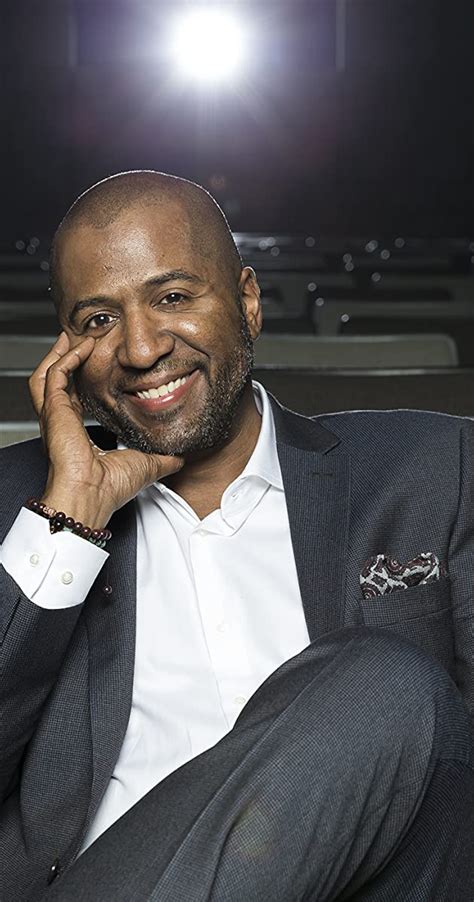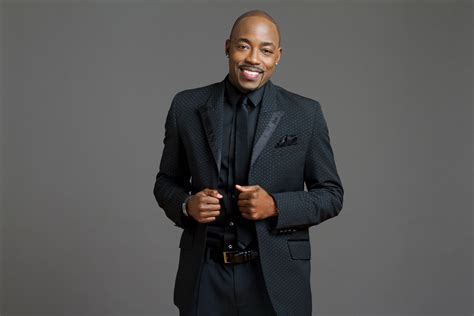A Quote by Malcolm D. Lee
I've made it my mission to make movies starring African American actors and about the African American experience and put them in the mainstream. They're very universal stories I've told - every movie I've done.
Related Quotes
It's exciting to me that Ride Along is a movie that has two African American leads, but it's even more exciting to me that it's not a movie about two African American leads. They just happen to be African American. It's a universal story. It's a story about a guy in love with a girl, and he's gotta get the approval of the overbearing, mean brother. That's a universal theme.
Michael Jackson fundamentally altered the terms of the debate about African American music. Remember, he was a chocolate, cherubic-faced genius with an African American halo. He had an Afro halo. He was a kid who was capable of embodying all of the high possibilities and the deep griefs that besieged the African American psyche.
One of the things that made the Black Muslim movement grow was its emphasis upon things African. This was the secret to the growth of the Black Muslim movement. African blood, African origin, African culture, African ties. And you'd be surprised - we discovered that deep within the subconscious of the black man in this country, he is still more African than he is American.
The Academy just reflects Hollywood. And until we break those barriers, until we have African-American or minority studio executives, 'til we have people who are greenlighting movies with African-American actors - the Academy is not going to change until Hollywood changes, so we have to start with Hollywood.
When I was a kid, I'd go to the African-American section in the bookstore, and I'd try and find African-American people I hadn't read before. So in that sense the category was useful to me. But it's not useful to me as I write. I don't sit down to write an African-American zombie story or an African-American story about elevators. I'm writing a story about elevators which happens to talk about race in different ways. Or I'm writing a zombie novel which doesn't have that much to do with being black in America. That novel is really about survival.
When I looked at 'Dear White People,' you have four African-American students who are all very different and who are trying to figure out who they are. They're dealing with identity issues and crises. That is exciting to me, to see African-American young people on a page, on a screen, who are so diverse and whose stories are all so different.
You see the one thing I've always maintained is that I'm an American Indian. I'm not a Native American. I'm not politically correct. Everyone who's born in the Western Hemisphere is a Native American. We are all Native Americans. And if you notice, I put American before my ethnicity. I'm not a hyphenated African-American or Irish-American or Jewish-American or Mexican-American.





































